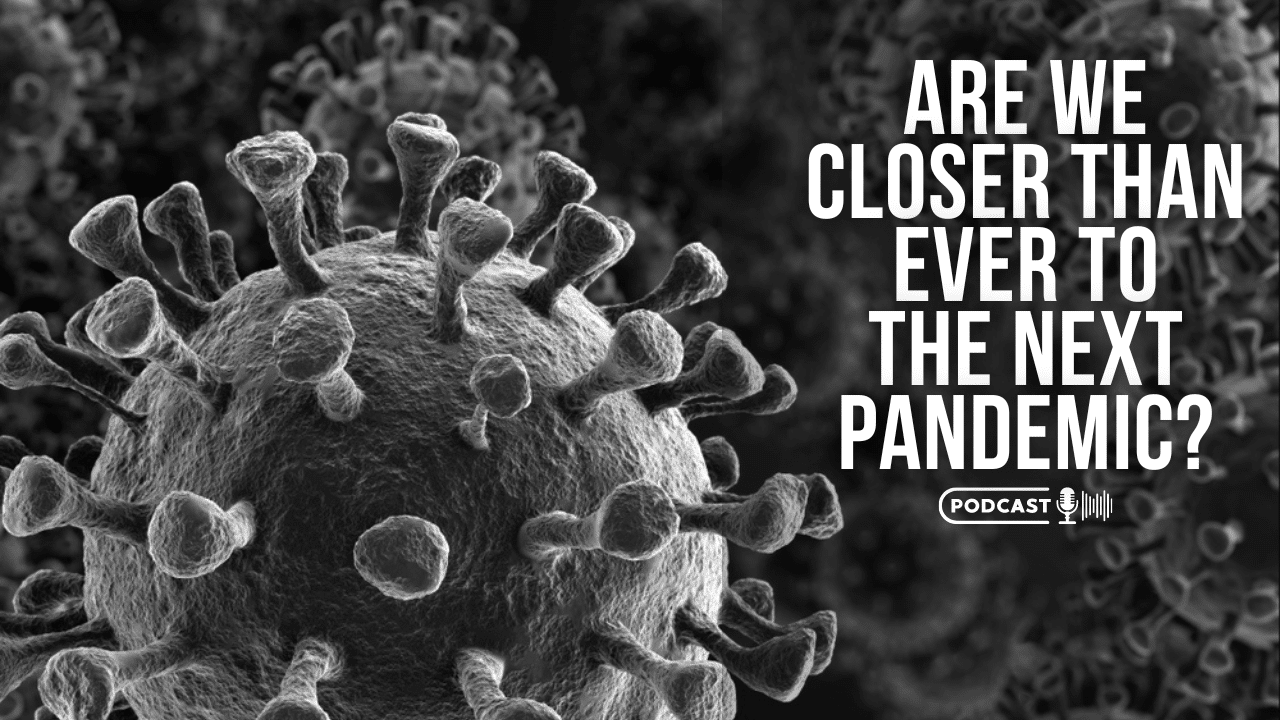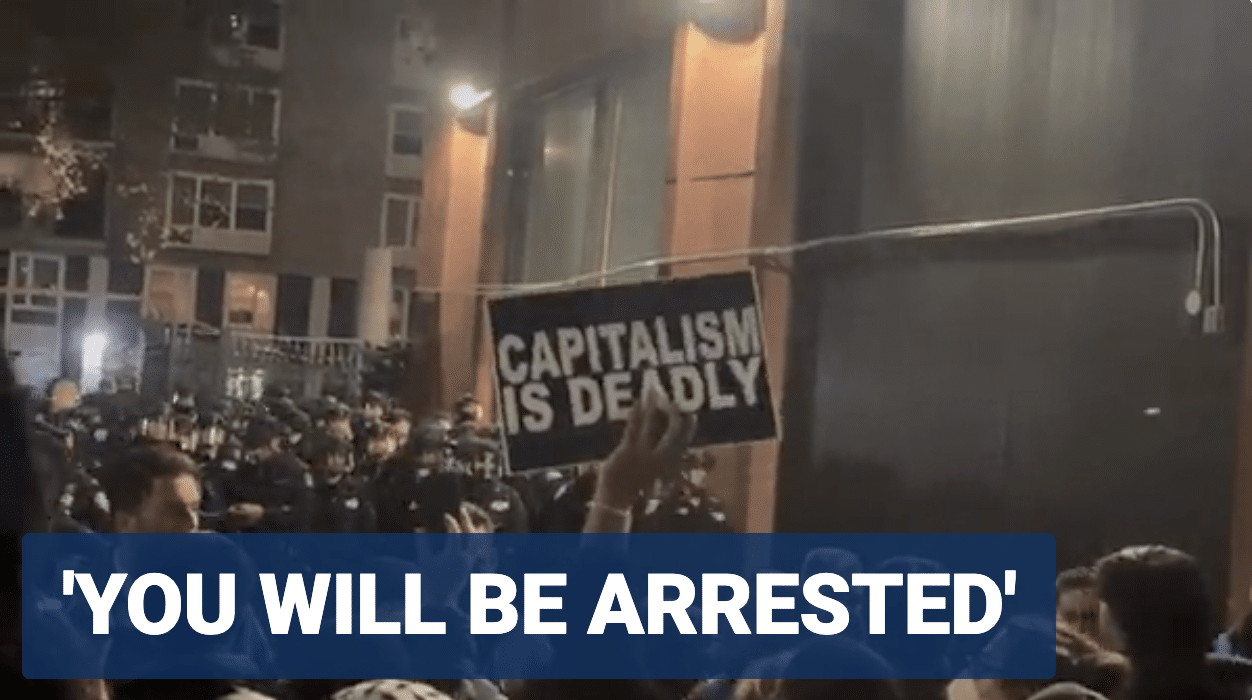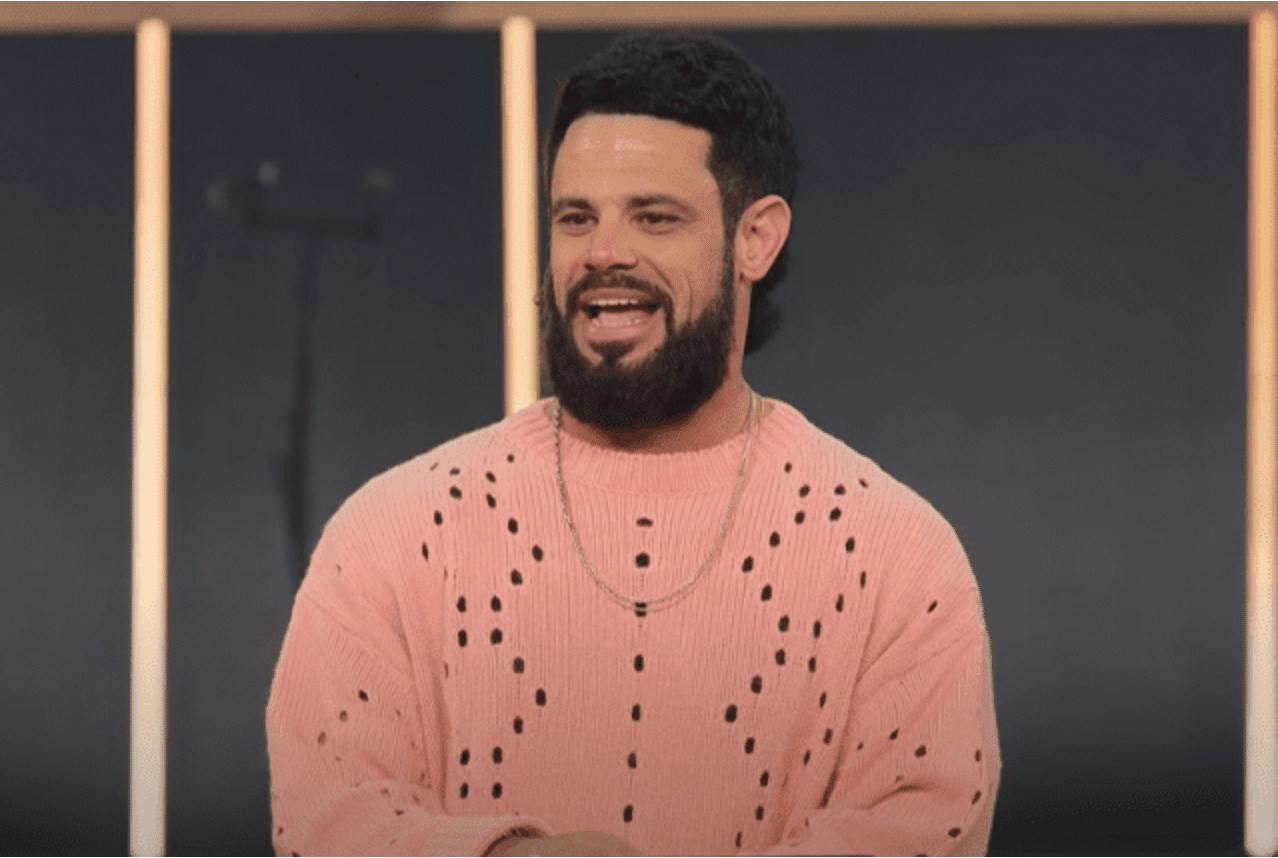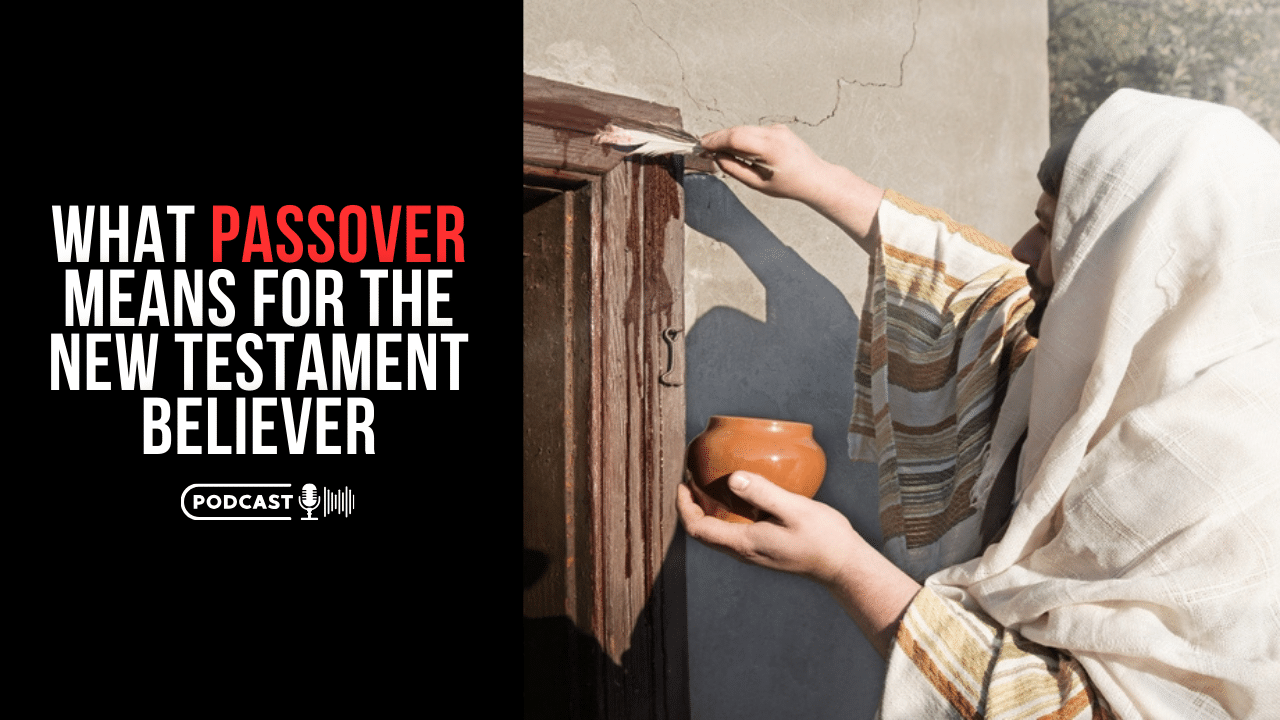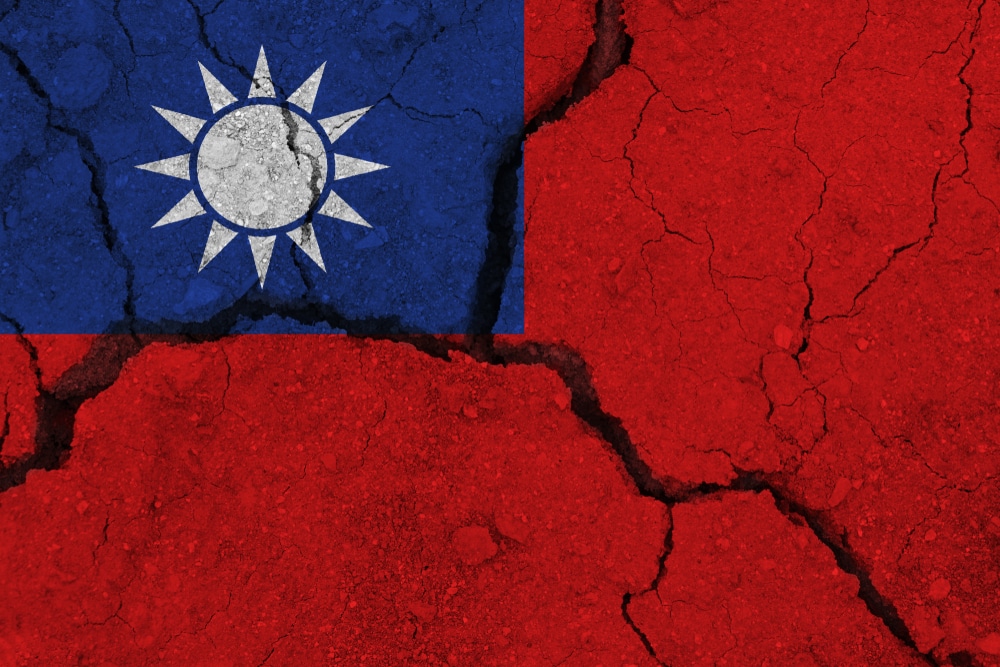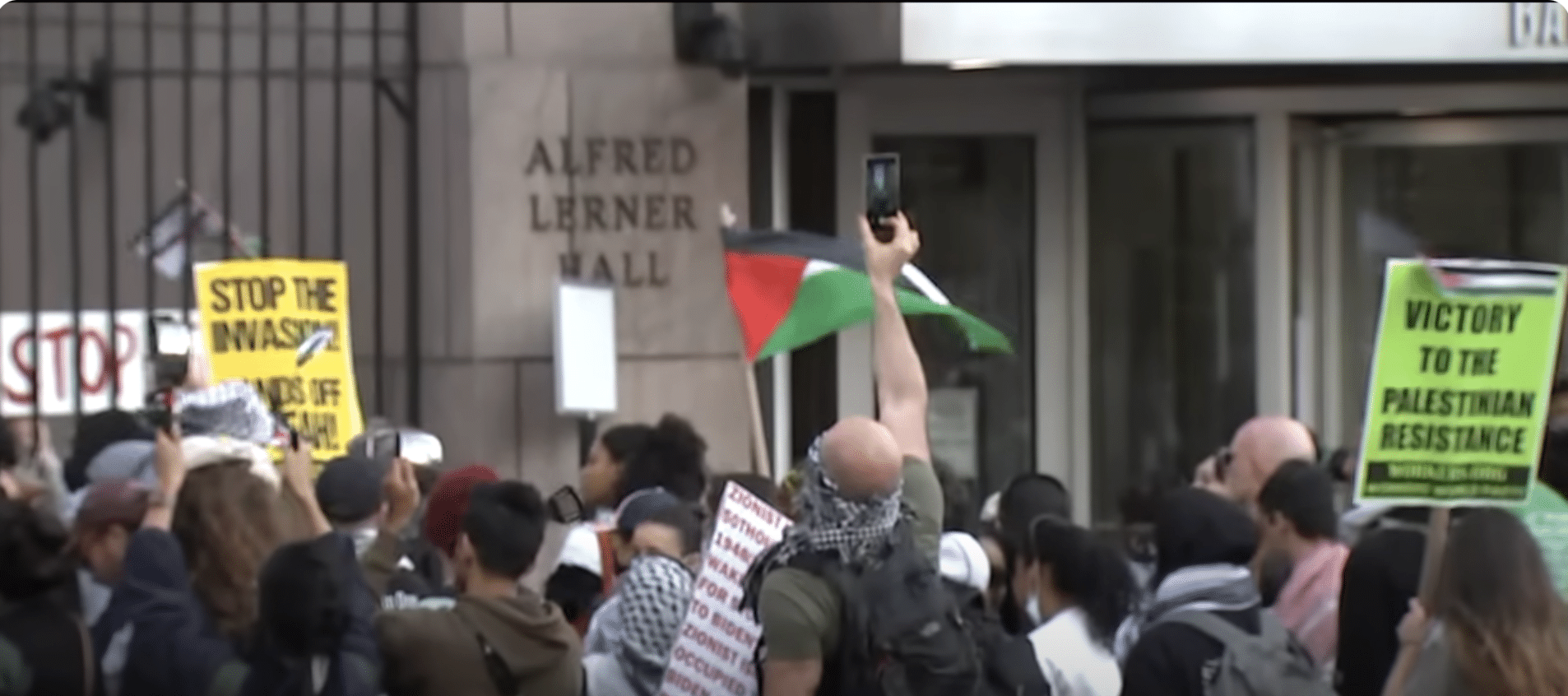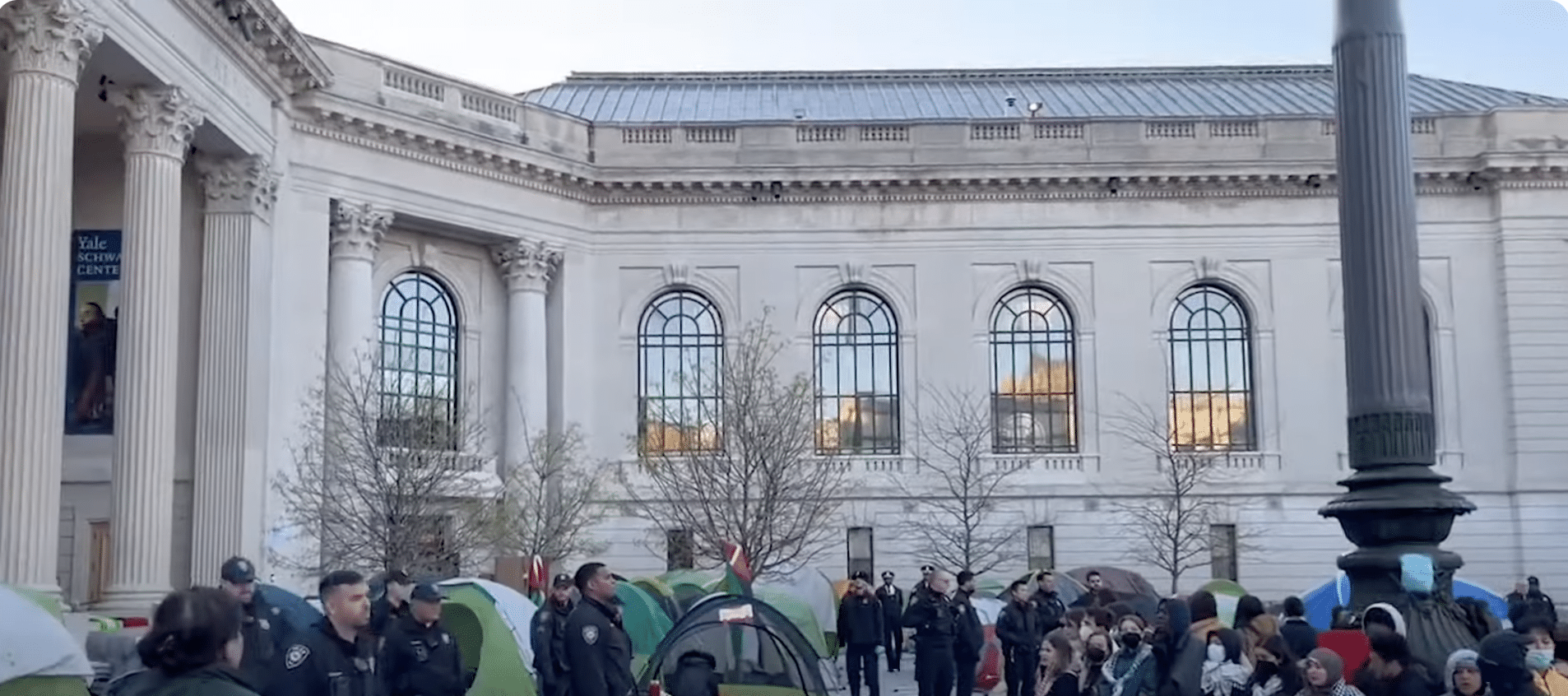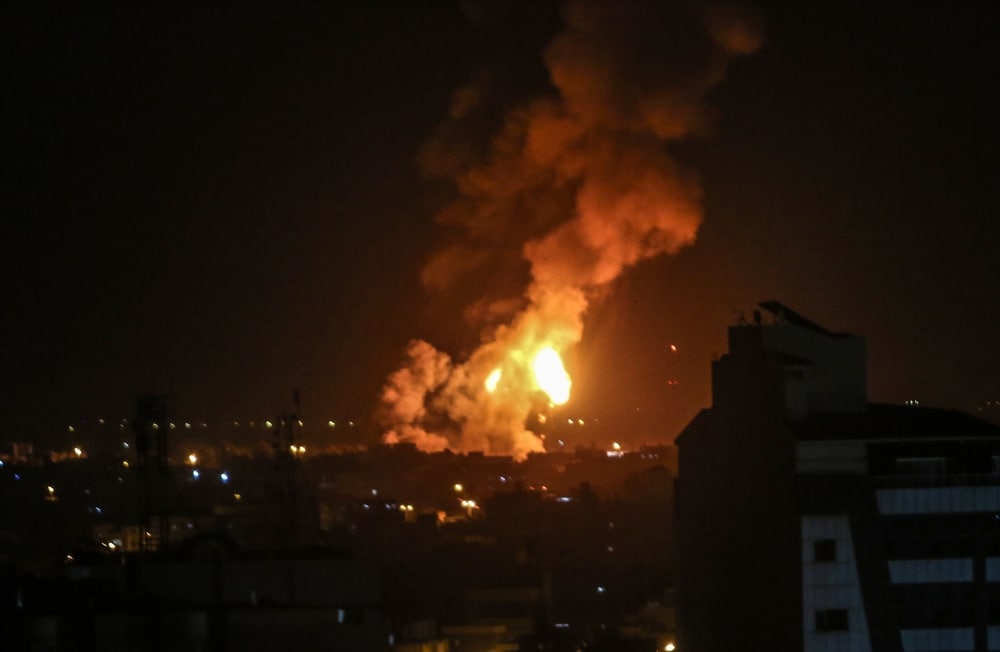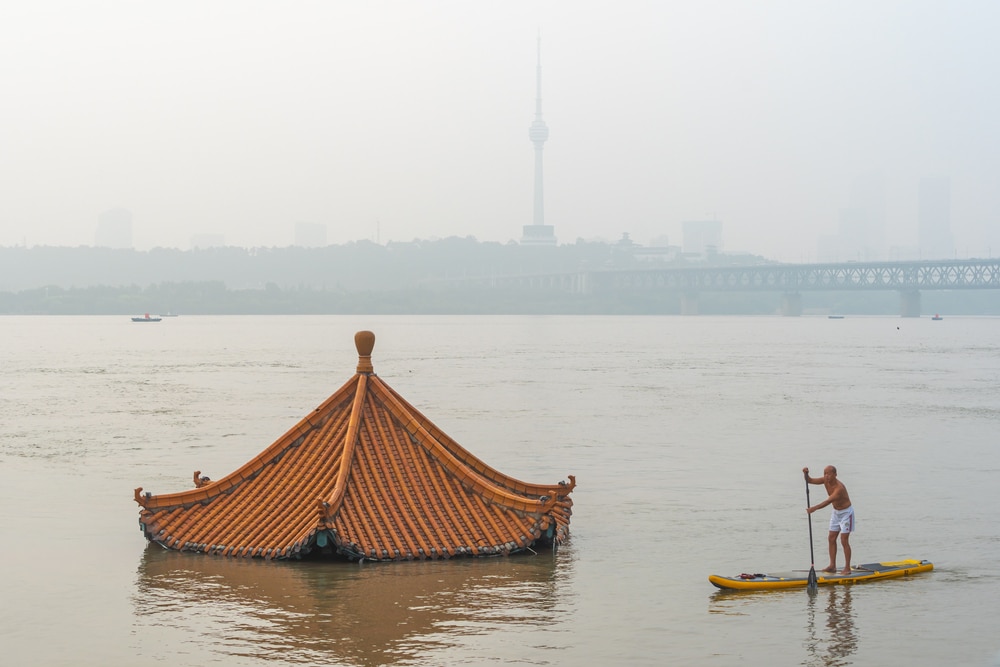(ETH) – Sydney’s poorest neighborhoods are reportedly bracing for military enforcement of the city’s toughest and longest lockdown of the COVID-19 pandemic as the infection numbers held persistently high five weeks since restrictions began according to the latest from Reuters.
With the city of 5 million people ordered to stay home amid an outbreak of the highly transmissible Delta variant, authorities outlined even tighter restrictions for the worst affected suburbs, including mandatory testing and mask-wearing outdoors.
From Monday, some 300 Australian army personnel will help police door-knock people who have tested positive to the virus to ensure they are isolating, New South Wales police commissioner Mick Fuller said at a televised news conference.
“The sheer volume of increase over the last week (means) the level of compliance (enforcement) has gone from hundreds into thousands,” he said. The amped-up military and police presence would cover the breadth of Australia’s largest city but mainly eight local government districts in the city’s west – home to 2 million people – where most new cases have been reported.
CNN reported: “The sheer volume of increase over the last week (means) the level of compliance (enforcement) has gone from hundreds into thousands,” he said. The amped-up military and police presence would cover the breadth of Australia’s largest city but mainly eight local government districts in the city’s west – home to 2 million people – where most new cases have been reported.
As the city entered its sixth week of a planned nine-week lockdown, New South Wales state reported 170 new local cases, most in the state capital Sydney, down from a record 239 a day earlier. Of the new cases, at least 42 spent time in the community while infectious.
According to a report from BBC: Critics say those areas have already faced “targeted” policing measures. They point out restrictions there are harsher than for the rest of Sydney. “Our people are one of the poorest demographics, and as it is, they already feel picked on and marginalized,” said Steve Christou, one local mayor.
“They can’t afford to pay the mortgage, the rent, the food, or work. Now to throw out the army to enforce lockdown on the streets is going to be a huge issue to these people,” he told SBS. Others have called for the government to increase its vaccine drive and support services for the affected communities. Australia’s rate of vaccination – 17% of the adult population – remains one of the lowest among OECD nations.


